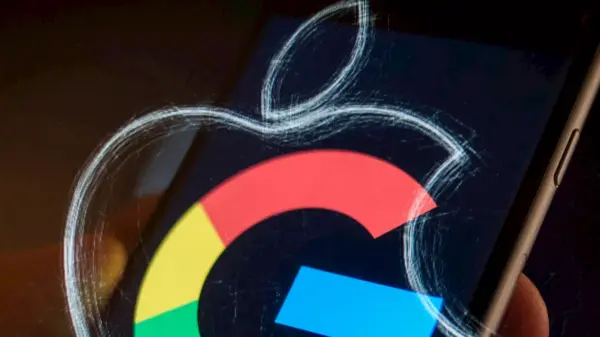The financial technology company FIS Payment Networks is urging brands to enhance their loyalty programs by prioritizing authenticity and engagement. With shifting consumer expectations, retailers and issuers must adapt their strategies to retain customer loyalty in a competitive landscape.
Changing Consumer Dynamics
In recent years, consumers have increasingly re-evaluated what loyalty means, moving away from traditional points programs that often fail to resonate. According to Mladen Vladic, head of product at FIS Payment Networks, this transformation reflects a broader change in consumer expectations. In a recent interview with PYMNTS, Vladic noted, “There’s a lot of development happening in both the payments space and the loyalty space.”
The current moment presents an “inflection point” where all stakeholders—including buyers, sellers, and retailers—are striving to enhance customer experiences. Vladic emphasized the need for technology integration in loyalty programs, stating, “There’s a tremendous opportunity to bring more technology into the ecosystem.”
Brands are under pressure to create personalized interactions that foster deeper relationships with customers. Vladic pointed out, “Customers today will not remain loyal by default. You have to earn and re-earn that loyalty through authentic interactions and seamless experiences.” This shift calls for brands to rethink their loyalty strategies, focusing on meaningful engagement rather than generic offerings.
Engagement and Authenticity Are Key
To effectively build loyalty, brands must involve consumers in the design of their rewards programs. Vladic highlighted that customers should feel a sense of influence in the product development process. “It creates a deeper emotional tie to the brand,” he remarked. This is particularly crucial for younger consumers, who expect loyalty programs to align with their values and integrate smoothly into their digital lives.
“You need to lead with authenticity and purpose,” Vladic stated. Brands are encouraged to align their loyalty initiatives with social and environmental causes that resonate with their customers. This approach shifts the focus from merely incentivizing spending to cultivating relationships that reflect customers’ identities.
A robust mobile application or wallet integration is essential for loyalty strategies. Vladic explained, “Embedded loyalty, delivered through the channels customers already use daily, is key.” This seamless access to rewards is vital for enhancing customer engagement.
The evolution of loyalty is also marked by a shift from static point balances to dynamic engagement and gamification. Vladic suggested that brands can enhance loyalty by introducing challenges and friendly competitions, which can create a sense of community and customer stickiness.
As the marketplace evolves, brands must also embrace technology to meet the rising expectations for instant gratification. “Just think about Netflix and Spotify,” Vladic said. “Algorithms build personalized playlists in real time. That’s now the expectation for loyalty too.”
To meet these demands, brands are increasingly turning to artificial intelligence (AI) to provide personalized experiences at scale. Vladic expressed optimism about the role of AI, stating, “It’s all about segmenting the customer base and personalizing the experience.” AI aims to assist loyalty marketers by enhancing their effectiveness through real-time data analysis.
As the loyalty landscape continues to evolve, brands must prioritize ongoing customer feedback. Vladic stressed the importance of “active listening” to adapt to consumer needs continuously. “Customers are giving feedback daily, weekly, monthly,” he noted. “It’s critical for brands to actively listen and adjust.”
Looking ahead, Vladic sees substantial opportunities for brands willing to invest in authentic and personalized loyalty programs. He stated that advancements in real-time payment-with-points capabilities are just the beginning of a significant transformation in the loyalty industry.
The loyalty playbook is being rewritten, and brands that embrace technology-driven strategies that prioritize authenticity and engagement stand to benefit significantly in the long run.






































































